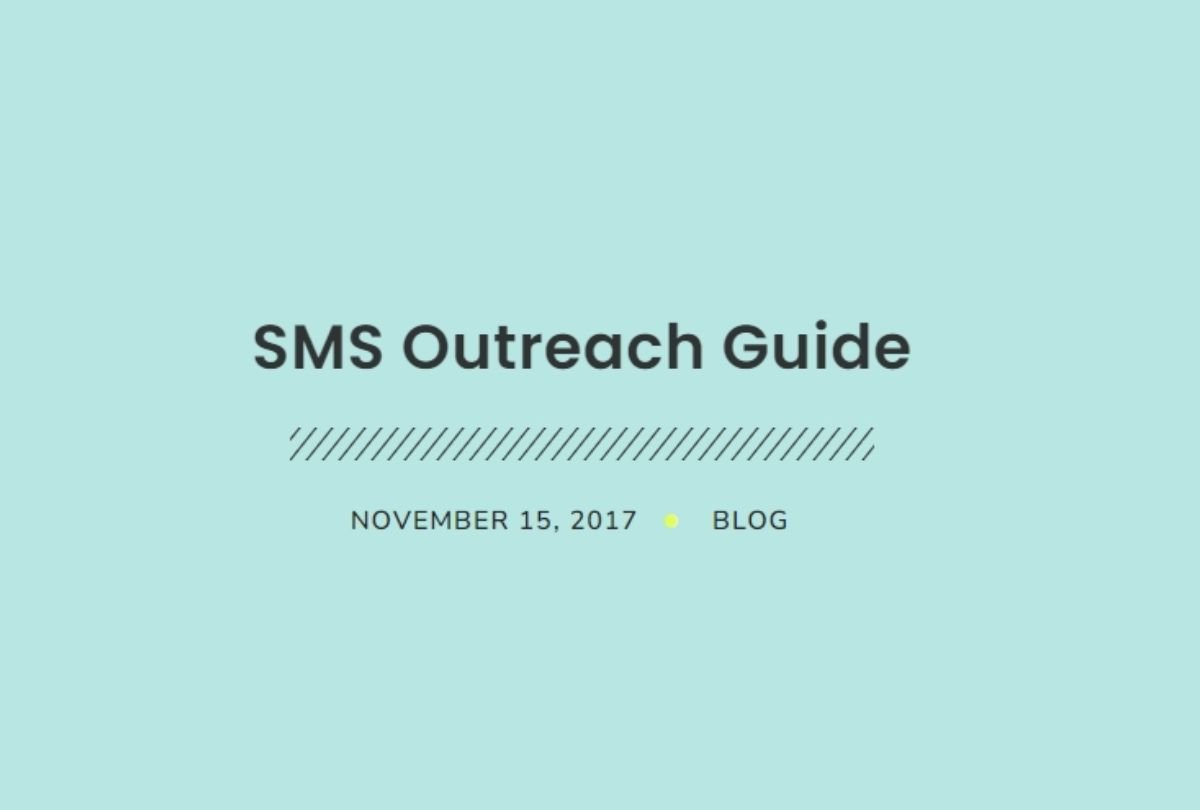Impacts of Participatory Budgeting on Civil Society & Political Participation
/Video interpretations of Spanish, French, Portuguese and German.
A growing body of research has documented these impacts and the conditions enabling them. This research can help government innovators launch and improve PB processes, providing evidence-based solutions for common challenges. It can also help civil society advocates promote more effective and equitable PB, learning from what has worked elsewhere.
In this People Powered University seminar, leading researchers will share key findings on the impacts of PB on civil society and political participation, explaining how PB can increase voter turnout, boost participation of marginalized communities, raise the number of civil society organizations, and more. Government practitioners and civil society advocates will help translate this research into practical recommendations and next steps for your work.
This seminar is part of a series organized in partnership with the Open Government Partnership (OGP) Local, World Bank, and International Observatory on Participatory Democracy.
Who is leading the seminar?
José María Marín (moderator), OGP Local (Germany). As a Senior Program Officer for Open Government Partnership’s Local Program, José supports national-local integration, enhances subnational participation in OGP, and improves knowledge and learning opportunities for open government reformers.
Carolin Hagelskamp, HWR Berlin / Berlin School of Economics and Law (Germany). Carolin is a professor for Social Science and Social Science Research Methods. She was previously Director of Research at Public Agenda in New York City, where she co-authored several research reports on PB in the USA and Canada.
Celina Su, City University of New York (United States). Celina Su is the Marilyn J. Gittell Chair in Urban Studies and a Professor of Political Science. She has served as an active participant on the Steering Committee and a District Committee for PBNYC (Participatory Budgeting in New York City), while researching and publishing on PB.
Alisa Aliti Vlasic, MOSAIC (Croatia). Alisa has been an active advocate for citizen engagement and PB in Croatia since 2010, with experience in capacity building, designing tools & methods, and implementing PB in municipalities and schools.
Manuela Maunier, City of Buenos Aires (Argentina). Manuela is an economist and the director general of citizen participation and proximity for the City of Buenos Aires. She previously served as the city’s director general of participatory communication.
Eliza Meriabe, Nalotuesha Indigenous Women Organisation (Kenya). Eliza holds over eight years of experience implementing and coordinating PB initiatives in Kenyan counties. She is a co-founder of Nalotuesha Indigenous Women Organization, a platform that champions the inclusion of indigenous women in governance.
Who is this seminar for?
Government staff and officials responsible for managing participatory democracy programs around the world.
Local organizations that are supporting or advocating for participatory democracy.
International organizations and funders that want to better support or encourage participatory democracy.
Researchers studying the impacts of participatory democracy.
What will you get from this seminar?
After this seminar, you will be able to:
Better understand how PB can strengthen civil society and increase political participation.
Identify key impacts of PB on civil society and political participation based on leading research.
Identify specific practices and next steps for increasing the impacts of PB.
* The research brief for this seminar was developed with Carolin Hagelskamp, Celina Su, José María Marín, Manuela Maunier, Eliza Meriabe and Alisa Aliti Vlasic. Celina Su would like to thank Amala Vattappally, Kanza Fatima and Xingmiao Ruan for their research assistance.
Mentorship Program
Address specific challenges for implementing a climate-sensitive PB process through individual or group mentoring sessions with experts.
*To sign up for mentorship you must have attended the webinar or have watched the recording, and completed the evaluation form.
More Resources
If you know additional useful resources on this topic, please check if they’re already part of our resource center, and share them with us if not!










